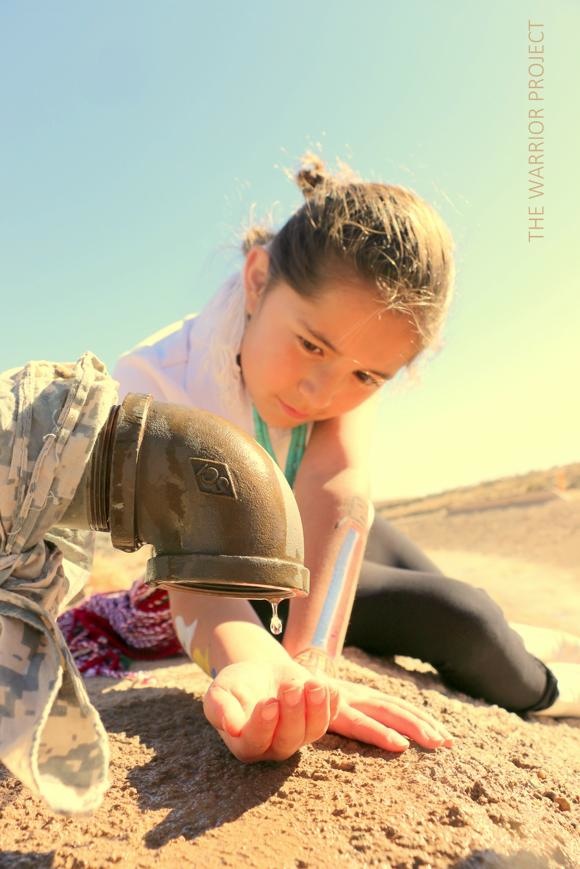First published on 03/22/2018, and last updated on 04/27/2018
According to Professor John H. Knox, the UN Special Rapporteur on Human Rights and the Environment, “No group is more vulnerable to environmental harm than children. More than 1.5 million children under the age of five lose their lives every year because of pollution and other avoidable environmental harms. Millions more children suffer disease and disability with lifelong effects… There can be no doubt that environmental harm interferes with a host of children’s rights, including their rights to life, health and development, food, housing, water and sanitation, play and recreation.”
The Special Rapporteur offered these words as he presented his report on children’s rights and the environment (A/HRC/37/58) to the 37th Session of the UN Human Rights Council on 5 March 2018.
Among other things, his report acknowledged that indigenous children are among the most affected by climate change, face a higher risk of exposure to hazardous substances and wastes and are particularly vulnerable to environmental harm due to the destruction of natural ecosystems on which they rely for food, water, housing and culture. The report also stated that biodiversity is “necessary for healthy ecosystems, which in turn are necessary for the full enjoyment of human rights” and that “Indigenous peoples and traditional communities that rely on forests, fisheries and other natural ecosystems for their material subsistence and cultural life suffer disproportionately when those ecosystems are destroyed or degraded” (para. 30).
The report set out a number of recommendations, including that States should:
(a) “Ensure that educational programmes increase children’s understanding of environmental issues and strengthen their capacity to respond to environmental challenges;
(b) Ensure that the effects of proposed measures on children’s rights are assessed before the measures are taken or approved;
(c) Collect information about sources of environmental harm to children and make the information publicly available and accessible;
(d) Facilitate the participation of children in environmental decision-making processes, and protect them from reprisals for their participation or otherwise expressing their views on environmental matters;
(e) Remove barriers that children face to access to justice for environmental harm to the full enjoyment of their human rights.”
It underscored that States also have heightened obligations to take effective substantive measures to protect children from environmental harm, including by ensuring that their best interests are a primary consideration with respect to all decision-making that may cause them environmental harm.
The report also urged States to ensure that environmental harm does not disproportionately affect children in particularly vulnerable situations and recommended that business enterprises should protect children’s rights from environmental harm from their activities, including by carrying out environmental and human rights impact assessments that examine the effects of proposed actions on children.
The Special Rapporteur’s report on children’s rights and the environment is available in six languages at: http://ap.ohchr.org/documents/dpage_e.aspx?si=A/HRC/37/58. A draft child-friendly version in English is available at: http://www.ohchr.org/Documents/Issues/Environment/SREnvironment/ChildUserFriendlyVersion.pdf.
A written version of his statement to the Human Rights Council can be downloaded at: http://srenvironment.org/wp-content/uploads/2018/03/Knox-presentation-to-HR-Council-final.pdf. A video of his presentation can be viewed at: http://webtv.un.org/search/clustered-id-sr-on-sustainable-evironment-and-on-right-to-food-17th-meeting-37th-regular-session-human-rights-council/5744971238001/?term=environment&sort=date (see 00:01:04-00:16:42).
Follow the Special Rapporteur on Twitter @SREnvironment.
